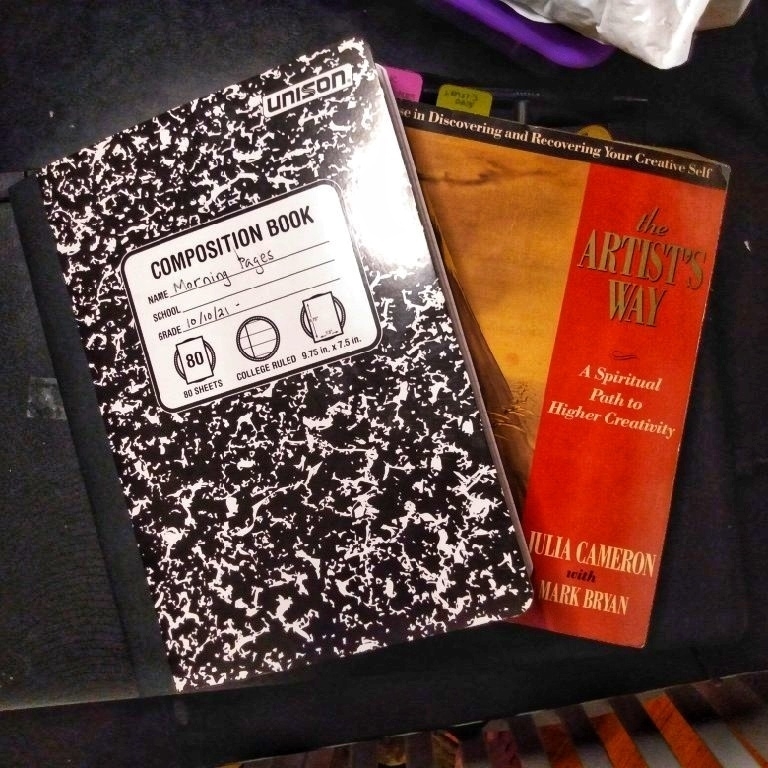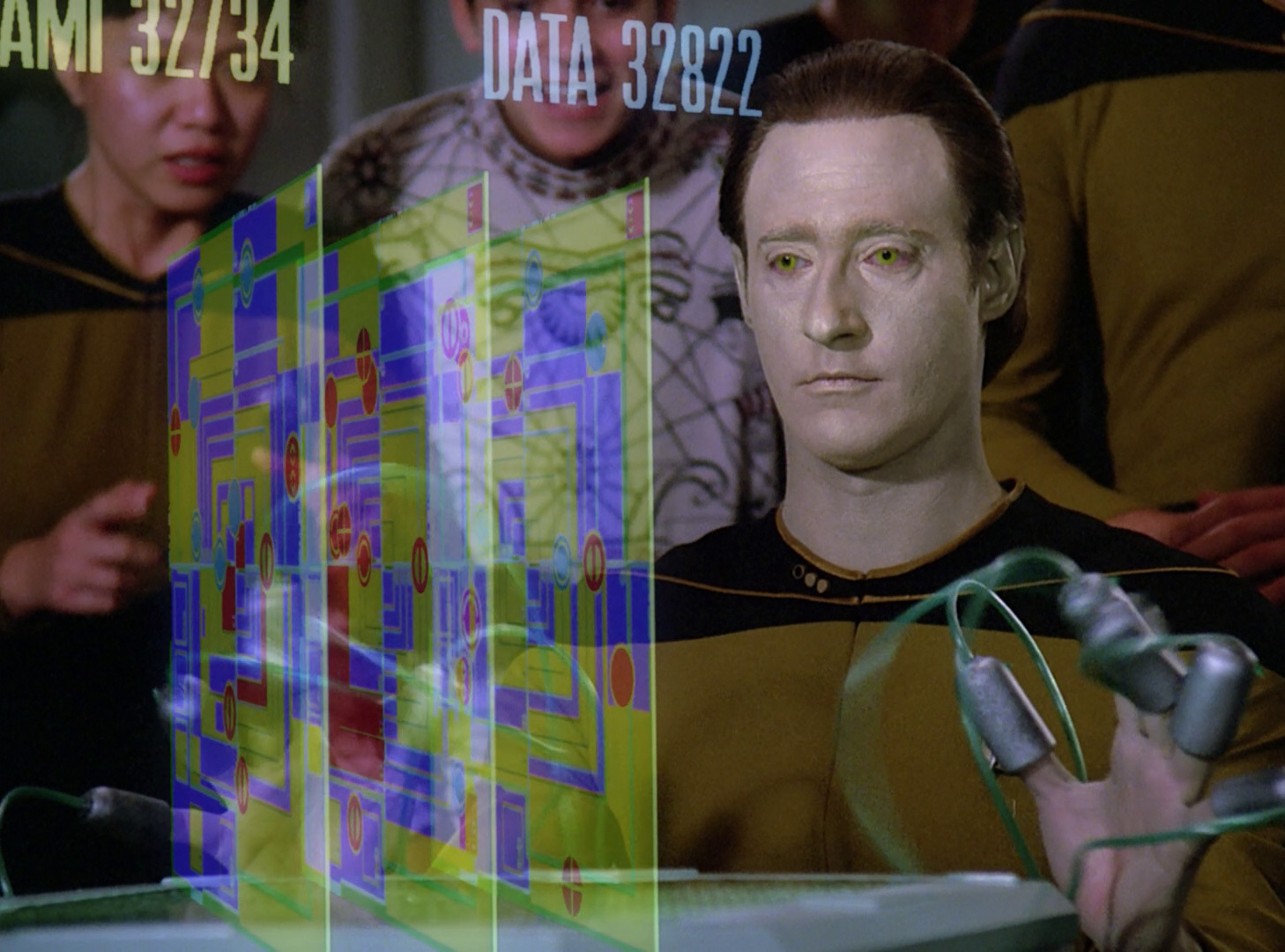CW: Suicide
Sherrie was my friend.
Sherrie and I never met in person. We talked on the phone once ever for a few seconds. But we interacted a lot via text - on a posting board, over LiveJournal, via email, via snail mail. I crocheted Sherrie a hat that I never got around to sending her. When I was in my first year of teaching, Sherrie sent me letters and stickers and a magnet. The stickers were glittery kittens and autumnal leaves. Sherrie loved glitter.
I was in my second year of full-time teaching when Sherrie died by suicide. I didn’t find out about it until five days after it happened. When I found out, I was devastated. My heart was broken. I knew Sherrie lived with bipolar type II. I knew she had gotten a lot of help and it had never been enough.
Sherrie wrote beautifully. Sherrie would dress up in fun ways. Sherrie was a glamazon. Sherrie made some of her friends angry. Sherrie was a lot.
Sherrie was a mom. (I can’t say more than that because this is the part that makes me cry the most.)
Two days after I found out about Sherrie, I had a meeting with an assistant principal to discuss a classroom observation she had conducted in my class a few days earlier. It was the Ides of March. As a Latin teacher, I carried on a tradition my teacher had of having “toga day” on March 15; students got extra credit for coming to school draped in a toga, and as a teacher, I participated too.
So there I was, sitting in this AP’s office, KNOWING I was about to hear about a terrible observation because the day she had observed was Not Good. The class she had observed was my most challenging class ever. While I’m pleased to report that the students who challenged me the most in that class turned into lovely adults who I sometimes ran into because one of them was in undergrad at the same university where I was working and then getting my PhD, at the time, they had their own stuff going on at home and I was Not Equipped to support them through it. The school had failed to implement a key piece of their IEPs and it left them and me high and dry and none of us had what we needed to turn that into a positive experience.
So the AP observed me teaching that class, a class I never did a good job in and where most of my students learned a lot more about Roman civilization and culture via documentary video than they ever learned about language, because it was the only way I could manage for us to all get along and we were all, together, in survival mode.
Like I said - I knew this was going to be a bad review. I hoped the AP would have some suggestions for how to handle it.
My eyes were red and puffy because I had been crying for days. She had stood me up for this same appointment earlier without warning, and we had rescheduled. The only time she had available was during my 25 minute lunch period.
I sat at her desk and opened by telling her that I had lost a friend to suicide and only learned about it a couple days earlier and was still raw from grieving, so if I was especially emotional, that was why.
I don’t remember response, but I remember it was somewhere between awkward and cold. I got the sense that grieving my friend’s suicide was a Me Problem, something I should have left at the door when I entered the building at 6:55 am that morning.
There were a lot of things about my life that were Me Problems, because teachers aren’t supposed to do anything besides be teachers, apparently. Or at least they weren’t in 2007. I don’t suppose it’s much better now.
The AP genuinely opened by just saying, “That was bad.”
I said, “I know.” I told her I was looking forward to this meeting and her feedback on how I could be better.
She told me she didn’t know.
She told me to go ask Barbara. Barbara was the head of the initially licensed teachers program. Barbara would not be available for days.
Somehow this exchange took up my whole 25 minute lunch period. I arranged for a colleague to cover my class for just a few minutes so I could tend to human needs like going to the bathroom and, you know, EATING.
But when I got to the classroom, there was the principal, waiting to conduct my third and final observation for the year.
THAT’S RIGHT: the amount of time I had to improve between “feedback” and my next observation was THE WALK BETWEEN THE AP’S OFFICE AND THE CLASSROOM. On my own. With no suggestions or advice from the AP who had just told me I had done a bad job.
That day I was giving a test, which should have made the coverage easy for my colleague, but instead, it meant I had to get these students settled and make it through the 45 minutes of observation before a colleague could bail me out so I could eat.
Grieving, with low blood sugar, having been at work since 6:55 and it now being 1 pm with me not having eaten much between those two times, probably woefully underslept due to a relapse of anxiety and depression brought on by Sherrie’s death, and immensely frustrated because of this ridiculous observation setup, I broke.
I had been too permissive during my last observation, so I swung the pendulum and I swung it hard.
My students were engaging in antics that I usually “managed” through warmth, joking, and being resigned, but this day, I snapped at them:
“THIS CLASS IS NOT A JOKE. I AM NOT A JOKE. THIS TEST IS NOT A JOKE. SIT DOWN AND GET READY TO TAKE THE TEST.”
This was very un-me, not my usual teaching style, and my students for once obeyed.
Guess what? That wasn’t a good observation either.
I was in an operetta that week. It was tech week. The night after this observation was our final dress, if I recall correctly. The director had explicitly told us in a notes email to leave our personal stuff outside the theater door. We were here to make magic and do art and focus.
Normally I love leaving my stuff at the theater door.
That day I Could Not.
I showed up wearing Rainbow Brite pajamas. I sobbed on my way into the dressing room. My mom was working on the show and I got a hug from her.
I made it through the rehearsal. After rehearsal we were discussing makeup and what some people whose makeup wasn’t strong enough could do to fix it. Somebody suggested replacing drugstore makeup with MAC.
Sherrie loved MAC.
I was done.
I made it home. I made it through the weekend of shows. We might have been doing two weekends that year. I think we probably were. I don’t remember.
I didn’t have the time or space to grieve Sherrie: not at work, not in my happy space of the theater, not in my social environment or hobbies. LiveJournal was the only grieving space I had. (Don’t ask why I didn’t try to take sick leave from work. I was teacher. Taking sick leave as a teacher is at best a hassle and at worst literally impossible because there are no subs.)
That was almost fifteen years ago.
Eleven months ago today, my grandmother died. I knew my grandmother much better than I knew Sherrie. She was my last living grandparent. I grieved her more intensely than the others, because she was the one I was closest to. Because her house was the closest thing I had to a childhood home.
And most of all, because I had a visit scheduled with her for April 2020, of which the pandemic robbed me.
Blessedly, I had plenty of time and space to grieve my grandmother.
For three weeks after she died, I did nothing besides parent, eat, sleep, crochet, and watch Star Trek: The Next Generation. It was what I needed. It was what I could handle. And I’m so grateful for that space.
In spite of it, I’m still grieving. It feels a bit like when a wound heals slowly. Or reopens and weeps a bit. Only in the past few weeks have I actually started crying about her death. I have dreams where she is sick and dying but not dead, and my dead grandfather is tasked with caring for her, and I keep protesting that someone who is already dead is not the best caretaker if we’re trying to keep someone alive because how can a dead person possibly do a good job?
I don’t have a conclusion to this. It was brought on by Kelly J. Baker’s piece for Women in Higher Education, No Space to Grieve.
Photo by Vidsplay on StockSnap



